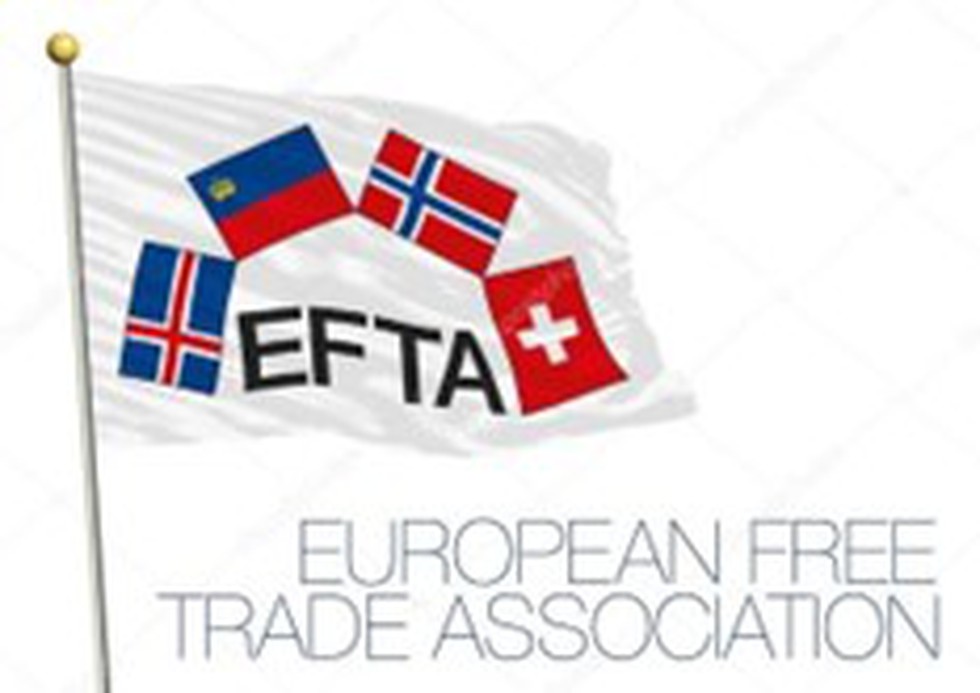About the European Free Trade Association (EFTA):
- It is an intergovernmental organisation established in 1960 by the Stockholm Convention.
- Objective: Promotes free trade and economic integration between its members within Europe and globally.
- Member Countries:
- EFTA currently has four member countries: Iceland, Liechtenstein, Norway, and Switzerland.
- The EFTA members are all open, competitive economies committed to the progressive liberalisation of trade in the multinational arena as well as in free trade agreements.
- In contrast to the European Union (EU), EFTA is not a customs union. This means that the individual EFTA States are free to set their own customs tariffs and arrange other foreign trade measures vis-à-vis the non-EFTA States.
- The association is responsible for the management of:
- the free trade between the EFTA countries;
- EFTA’s participation in the European Economic Area (EEA), which includes the European Union and three EFTA countries (Iceland, Liechtenstein, and Norway, but not Switzerland);
- EFTA’s worldwide network of free trade agreements.
- The EFTA countries have developed one of the largest networks of Free Trade Agreements (FTAs). These FTAs span over 60 countries and territories, including the EU.
